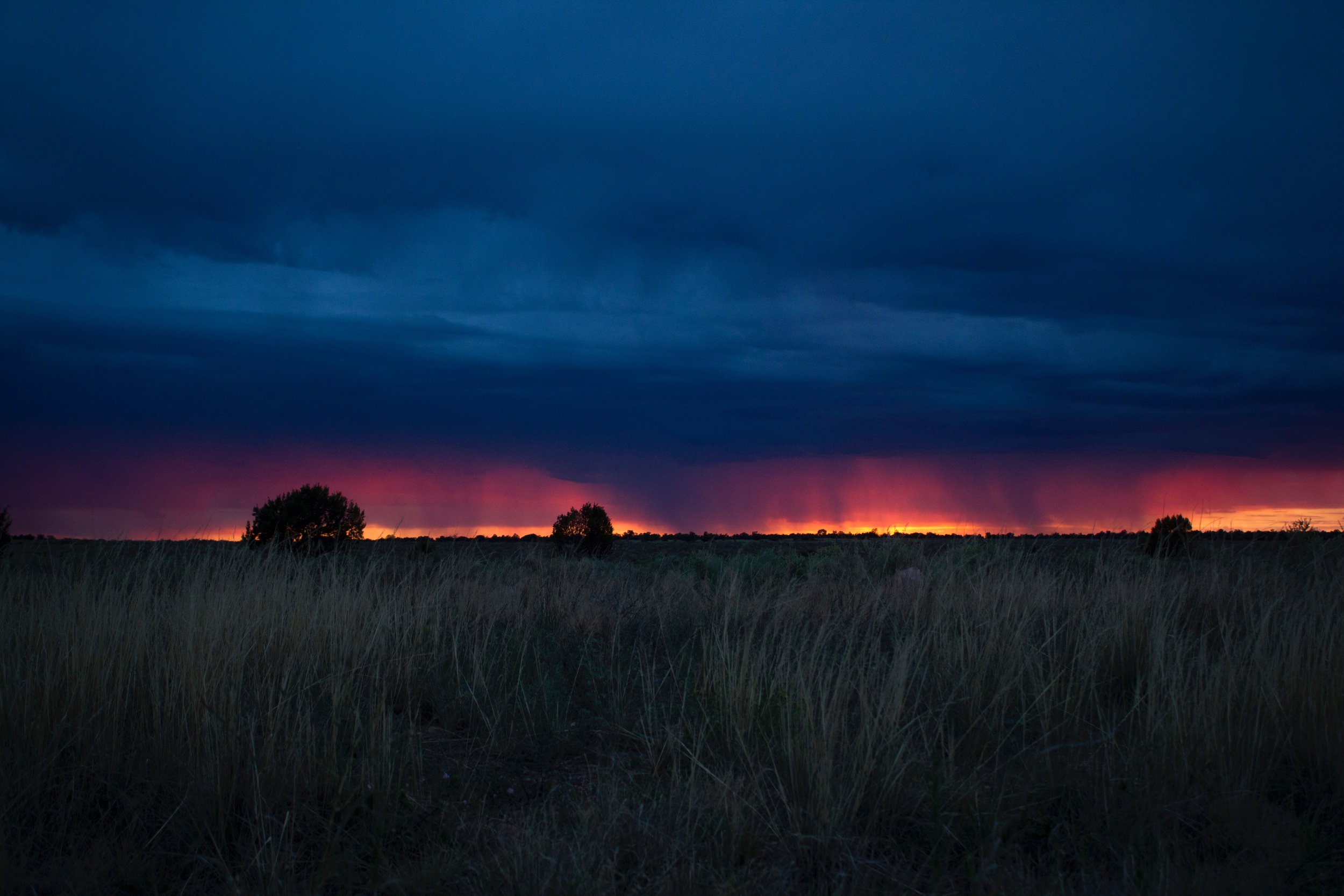The Hardest Goodbye
May 27, 2022 | By Raquel Sequeira TD ’21.5
Over the past few years, I’ve been learning more about the traditional Church calendar. I learned from my audio devotional that today (Thursday, May 26, 2022) is the Feast of the Ascension: the day we celebrate Jesus’ return from life here on Earth to his Father in heaven. I’m not sure how we’re supposed to feel on Ascension Day, but I find that this remembrance is making me profoundly sad.
I imagine myself as a disciple in the Gospel story. I’m living a repetitive existence, going through the motions of a dying religion. Then a man enters my life. He is beautiful—not externally, but spiritually. He speaks truth both painful and peaceful. He heals. He is powerful and he is loving. I want to be with him all the time—and he asks me to. But there’s a shadow over our perfect life and our small, chosen family. Those outside don’t understand. They fear this man’s radical words. With mounting horror, I see their fear swell to hatred, hatred to violence, violence to murder. He is tortured to death and my life is over. Then, just three days into the blackness of grief, the impossible happens: resurrection. He is returned to me. The joy is more than any grief, and all things are possible. Soon, our family is setting out on another adventure. But before we get much farther than the outskirts of town, he turns to us—to me—and says goodbye.
I wonder if the emotions of this goodbye hit the disciple Peter like they hit me. His relationship with Jesus was especially deep, characterized by many smaller, more intimate deaths and resurrections. You couldn’t script a more tear-jerking reunion scene than when Peter leaps into the water to swim to Jesus on the beach, where Jesus offers him a chance to undo the treble denial with three assertions of “I love you.” Jesus’s ascension must have felt more like a punch in the gut than a miracle. Not only was Jesus leaving them again, but this time he was choosing to go. Can the gospel writer Luke be right when he says that the disciples “returned to Jerusalem with great joy” (24:52)?
Resurrection is the miracle we always talk about, the beautiful mystery at the center of the Christian faith. The miracle of the Ascension is more ambivalent. It offers an almost farcical image of Jesus being lifted up into the clouds that has haunted Christian art for millennia—yet it represents the birth of the Church on Earth. Jesus had to leave in order for the Holy Spirit to come. The disciples had to lose their teacher and friend in order for the whole world to gain him.
Of course, the Ascension fits the fundamental Christian paradigm of transformation through death and rebirth: lose the incarnate Son, gain the Holy Spirit. Maybe this is also a way to think of the human side, of Peter losing his beloved. With Jesus beside him, Peter would never have been able to turn outward to follow Jesus’s commandment: “Feed my sheep” (John 21:17). The disciples couldn’t go out and love those in the world while standing enamored of their Lord. Their very love for Jesus, like Jesus himself, had to die and be resurrected.
Surprisingly, I think this truth is rooted deeply in our cultural psyche. For all the self-love capitalism, for all the “follow your heart” coffee mugs, the best movies are still the ones without an easy happy ending—those where one incarnation of love is allowed to die in order for another to flourish. Even the finale of the comedy Brooklyn 99 (which I finally finished today) exceeded my expectations by depicting this very thing: the main character retires from the NYPD when his wife gets promoted so he can be a stay-at-home dad. One bit of dialogue from the episode struck me as surprisingly resonant with the Feast of the Ascension:
“But this is your dream job.”
“I have a new dream job.”
As with all Michael Schur shows, this one ends with an emotional goodbye to the squad we’ve come to know and love; yet there’s a sense that this goodbye is right.
Jesus’s Ascension is the hardest goodbye I can imagine. But its message isn’t only that our losses serve a greater purpose of transforming our love. Jesus promised that he himself would be back, in the flesh, to love us in the old way once again.
“Very truly, I tell you, you will weep and mourn, but the world will rejoice; you will have pain, but your pain will turn into joy. When a woman is in labor, she has pain, because her hour has come. But when her child is born, she no longer remembers the anguish because of the joy of having brought a human being into the world. So you have pain now; but I will see you again, and your hearts will rejoice, and no one will take your joy from you.”
– John 16:20-22, NRSV




March 7, 2022 | By Daniel Yen TD ‘22
While the sighs in Schumann’s music help us to understand what human love feels like, I believe the gospel accounts of Jesus’s crucifixion suggest that the experience of exhalation also helps us to better appreciate the love of God.